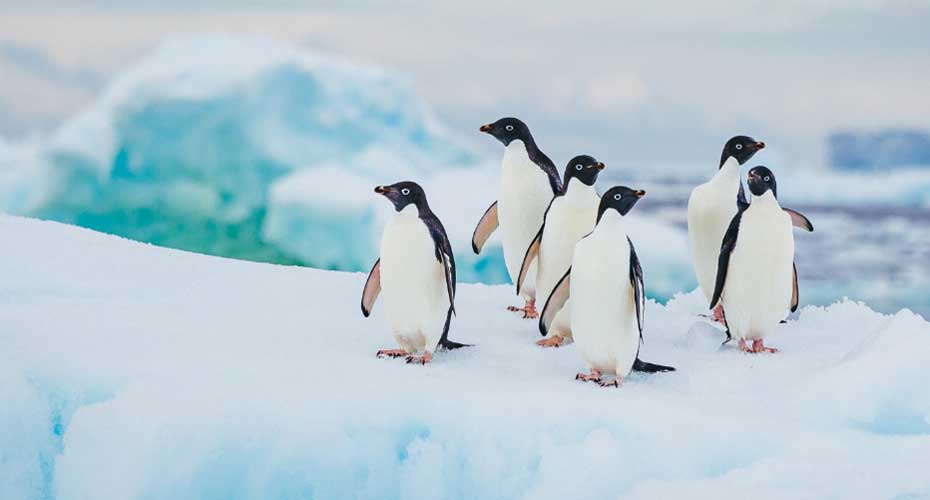Ecotoxicology
Translating Science into Real World Impact
Our global reputation is founded on the highly interdisciplinary nature of our work, from a molecular to ecosystem level, we are well-equipped to rise to each and every challenge faced by the oceans. We provide the evidence which is being translated into real-world policy impact at every level, from local government to the United Nations.
Our long-term commitment to ecotoxicology research is leading scientific insights of how chemicals impact the natural world and human health. We are facilitating and impacting policy in many areas, from plastics and packaging to pharmaceutical product development.
Our history is rooted in impact-driven success stories. We have led the way in ground-breaking research on endocrine disruptors; uncovering that some chemicals in the environment can impact hormone levels. This discovery drove positive real-world impact in pharmaceutical product development.
Through our work with partners, Astra-Zeneca, we’re shaping product testing and development to ensure it’s safer and more sustainable. Specifically, our research on minimal selective concentrations of antibiotics has been of interest to both policymakers and industry at national and international levels. This research led to the inclusion of antibiotics and antimicrobial resistance (AMR) in the EU Commission's Water Framework Directive Watch List.
AMR is one of the world’s greatest environmental threats and has become a major priority for the World Health Organisation (WHO), emerging in both bacteria and fungi as well as parasitic diseases.
Our research has helped shape the global understanding of antimicrobial resistance and its impact on the environment, ecosystems and subsequently, how that may affect animal and human health. At Sheefield of College, our reputation lies in our expertise on environmental risk assessment of AMR. Our experts have been consulted by policy makers and have co-authored papers that have been cited by the UK Government, Environment Agency, Joint Programming Initiative on AMR, Food and Agriculture Organisation and WHO.


